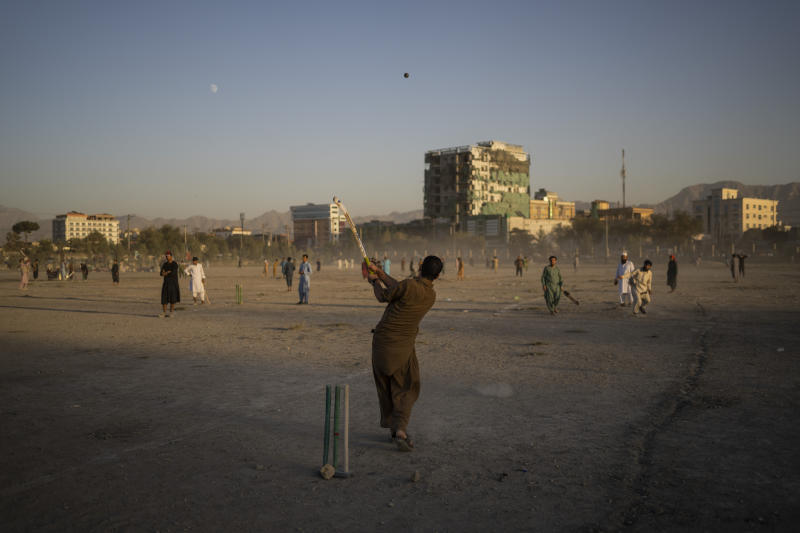
To many of us who view the Taliban as a gang of barbaric, backward insurgents bent on herding their countrymen back to Stone Age, it was flabbergasting to see them recently parading high-tech American weaponry worth billions of dollars seized from the Afghan national army. They even crowned their unexpected triumph by flying a captured top-of-the-range Black Hawk helicopter over Kandahar.
The 27-year effort to install a progressive, pro-Western regime at the steep price of over 2500 US servicemen, 60,000 Afghan soldiers and countless locals dead ultimately fell through. An additional 13 US servicemen and numerous locals perished during the chaotic evacuations at the Kabul Airport. It is really heartbreaking that after a long, arduous ‘death walk’, Afghanistan is back exactly where it began!







